About Sudan War Monitor
Sudan War Monitor helps readers make sense of a tragic, intractable conflict — what drives it, who suffers, and what could change. Sudan’s war has unleashed the world’s deepest famine and largest refugee crisis. It is deadlier than Gaza’s war, fought in a country larger than Ukraine. Yet the conflict is complex and widely misunderstood.
Our team publishes analysis, conflict reports, human rights investigations, maps, and verified videos from the war zone. We also cover peace efforts and the humanitarian response. Using open-source research and journalism techniques, we document conflict events and war crimes, analyze conflict patterns, identify perpetrators, and give voice to victims.
We do this work because we believe that journalism is one accountability mechanism that can ultimately contribute toward peace and justice—however distant that hope may be. Our work is intended to be a resource for humanitarians, news media, civil society, ordinary Sudanese, and foreign observers seeking to follow the conflict.
Conflict Background
After a peaceful uprising in 2019, Sudanese freed themselves from a dictatorship and ushered in a brief era of civilian rule. But the generals of the old regime regained power in a coup and then turned on each other, initiating a catastrophic civil war in April 2023. Since then, Sudan became the scene of a vast humanitarian disaster. A long-troubled nation that had hoped for peace and democracy was instead plunged back into crisis—its worst ever.
Subscription Options
We publish an email newsletter 2-4 times per week with coverage of all the latest major events. This is the single best way to keep up with the conflict. Subscribers can choose either a free or paid subscription option.
Free subscribers get access to most of our news as it is published, though articles typically are paywalled after a week. Paid subscribers get full access to our archive, plus subscriber-only extras and insights that you won’t find elsewhere.
Social Channels
You can follow us on Twitter, Reddit, or Facebook. Our Twitter account is bilingual (English/Arabic), Reddit is mostly English, and Facebook is mostly Arabic. For a more distraction-free reading experience, we recommend using the Substack app.
In the News
In addition to serving readers directly through our own website, email newsletter, and social media channels, Sudan War Monitor serves as a trusted resource for both Sudanese and international media covering the conflict, as well as humanitarian information providers, think tanks, and multilateral institutions.
These are some of the publications that have cited our work:
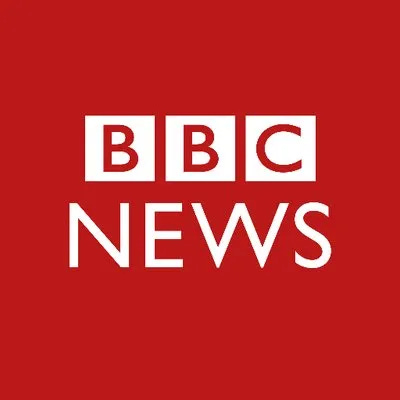
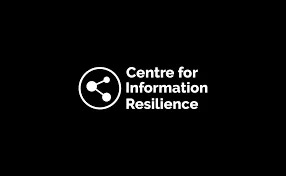

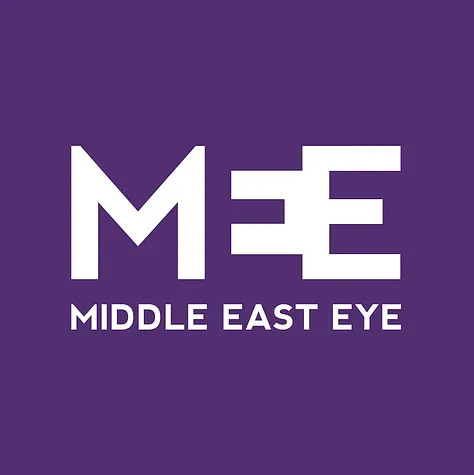
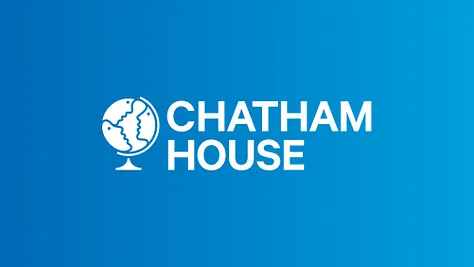
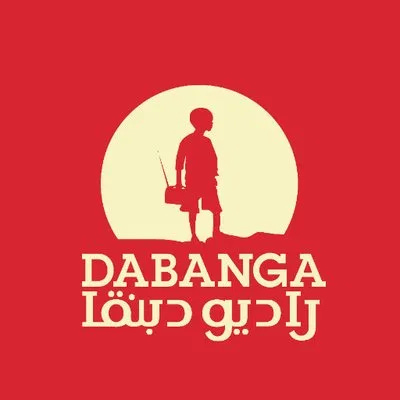
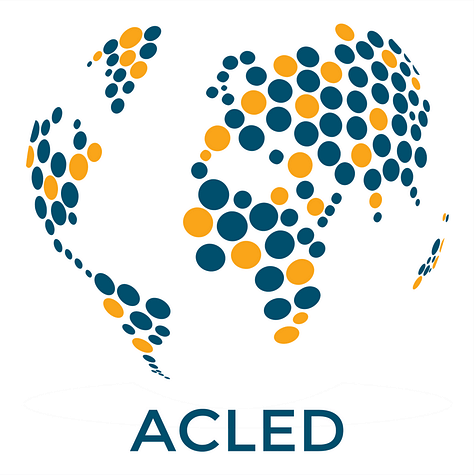

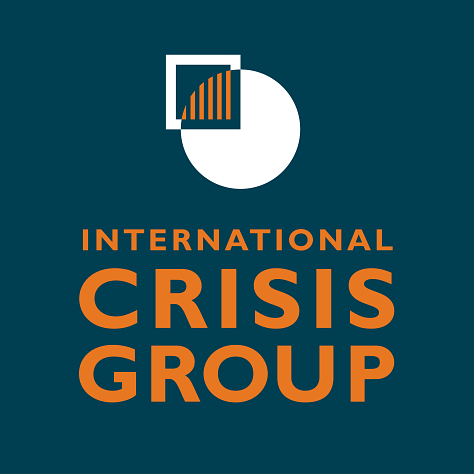
Media Inquiries
You can contact us at sudanwarstudies@proton.me. However, we are not able always to respond timely to media inquiries because we have our own reporting and production deadlines, and we have very limited resources.
Donations
If you like our work, please consider making a one-time donation to sustain our mission and continuously improve the quality of reporting. Your donation may qualify for a tax deduction, depending on your country of residence.
Copyright Notice
Information published on our website or social media feeds may be cited and attributed to “Sudan War Monitor.” Quotations and limited excerpts are permissible under the legal doctrine of fair use or fair dealing. All other reproduction is prohibited without written permission. Contact us if you wish to republish one of our works.
Partners
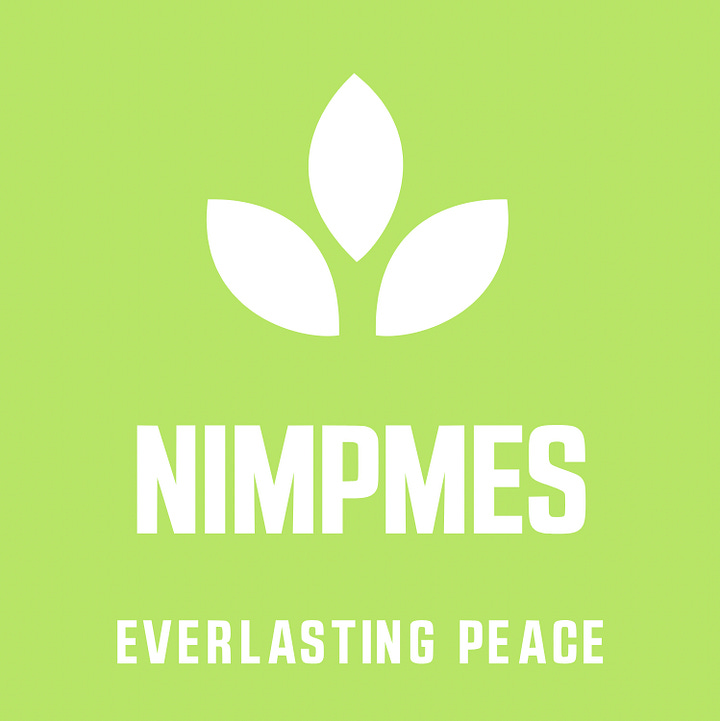

We work on an ad hoc basis with numerous open-source researchers, journalists, and organizations. Additionally, we have the following formal partners:
The National Independent Mechanism for Peace Monitoring and Evaluation in Sudan (NIMPMES) is a Sudanese initiative that began after the Juba Peace Agreement (JPA) signed in October 2020. Although founded to monitor a previous peace agreement, not the current conflict, NIMPMES members are experienced in reporting on conflict and peace-building, and therefore the organization is well-placed to support the mission of Sudan War Monitor.
OSINT Sudan is a collective of Sudanese working in the field of open source intelligence (OSINT), including geolocating social media videos and using satellite imagery to understand conflict events and patterns. Members of the OSINT Sudan community are key contributors to Sudan War Monitor and share our goals.
Team
Sudan War Monitor began as a volunteer initiative after the outbreak of the war in April 2023, relying on committed researchers who care deeply about Sudan and who gave their time in response to an unexpected need. Our team includes Sudanese and international journalists, researchers, translators, geolocators, and other specialists.



